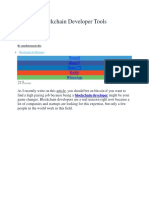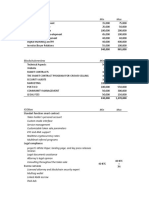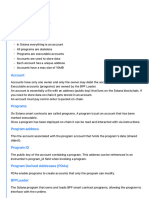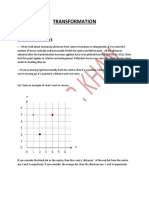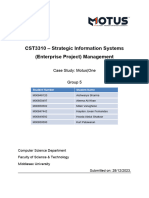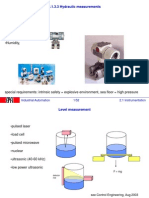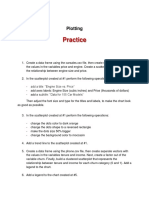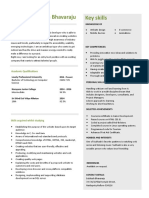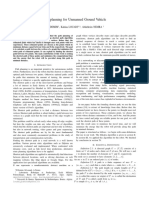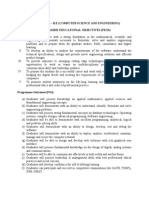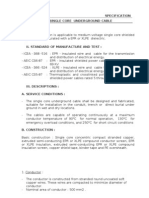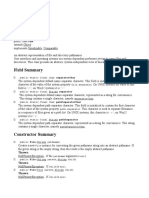100% found this document useful (1 vote)
65 views4 pagesSolana Dev Tooling
The document provides a comprehensive guide for developing Solana applications using the Anchor framework, including commands for creating projects, building smart contracts, and deploying to different networks. It outlines the structure of Anchor programs, including the use of Rust macros for security checks, account validation, and the creation of an Interface Description Language (IDL) file for client integration. Additionally, it details the necessary commands for local development, testing, and deploying programs to Devnet and Mainnet.
Uploaded by
0xdreamorCopyright
© © All Rights Reserved
We take content rights seriously. If you suspect this is your content, claim it here.
Available Formats
Download as TXT, PDF, TXT or read online on Scribd
100% found this document useful (1 vote)
65 views4 pagesSolana Dev Tooling
The document provides a comprehensive guide for developing Solana applications using the Anchor framework, including commands for creating projects, building smart contracts, and deploying to different networks. It outlines the structure of Anchor programs, including the use of Rust macros for security checks, account validation, and the creation of an Interface Description Language (IDL) file for client integration. Additionally, it details the necessary commands for local development, testing, and deploying programs to Devnet and Mainnet.
Uploaded by
0xdreamorCopyright
© © All Rights Reserved
We take content rights seriously. If you suspect this is your content, claim it here.
Available Formats
Download as TXT, PDF, TXT or read online on Scribd
/ 4










